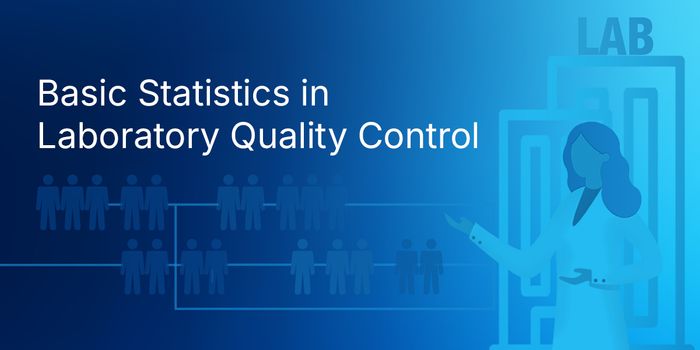Ovaries Grown in the Lab Could Treat Menopause
The field of lab-grown organs referred to as "organoids" is one that is growing exponentially. By creating miniature versions of hearts, brains and other body parts, researchers can manipulate the tissue, test new drugs and observe how the organs work, without the ethical and safety dilemmas that exist in human clinical trials.
The most recent entry into the lab-created organ arena are ovaries, engineered in a lab at the Wake Forest Institute for Regenerative Medicine. The hope is that these lab-grown parts can provide better therapy for post-menopausal women.
Women who have entered menopause are sometimes offered hormone replacement therapy (HRT) to make up for the lack of ovarian function. The problem is that the drugs are often not an exact match and can have other risks including heart disease and breast cancer when used long-term. Some women cannot take HRT because of pre-existing conditions such as blood clot issues, liver function abnormalities or a previous history of some forms of cancer. For patients who are not candidates for HRT, the lab-created ovaries could be an option.
Emmanuel C. Opara, Ph.D., senior author, and professor of regenerative medicine at the institute explained, "The treatment is designed to secrete hormones naturally based on the body's needs, rather than the patient taking a specific dose of drugs each day. Safe hormone replacement will likely become increasingly important as the population of aging women grows. Whether the loss of ovarian function is due to surgical removal, chemotherapy or menopause, the effects can range from hot flashes and vaginal dryness to infertility and increased risk of osteoporosis and heart disease. This study highlights the potential utility of cell-based hormone therapy for the treatment of conditions associated with the loss of ovarian function."
When prescribing HRT, most doctors will attempt to go with the lowest dose possible. Medications, however, are not responsive to the body's natural function, and the dosage can sometimes be too much or too little, depending on the patient. The engineered ovaries are cell-based, which means they can respond to fluctuating levels of hormones and provide a more natural and consistent dosing.
The study used a mouse model to test the efficiency of the created ovaries. Two cells that are present in ovaries, theca cells, and granulosa cells, were isolated from lab rats, encased in a capsule with a thin membrane and then implanted into rats that had their ovaries surgically removed. These animals were then evaluated in relation to rats who had normal ovarian function, rats who were untreated and rats who had received varying doses of hormone replacement drugs.
While it would have been impossible to study every effect of the hormones and ovaries on the animals, the investigators chose three areas that can be problematic when there is no ovarian activity: body composition, uterine condition, and bone density. As anyone woman who has gone through menopause, whether naturally or via surgery, weight gain is a big concern. The rats who had the ovaries created in the lab had lower levels of body fat than the animals who received HRT drugs and in fact, had the same body composition as rats who still had their original equipment.
After ovarian function ceases, estrogen is decreased, and this can impact bone health. In the study, the rats who had the implanted lab ovaries had better bone health and density than the rats on HRT medications. Finally, uterine health is an issue after the loss of ovaries. In the animals that had the implanted ovaries, the condition of uterine tissue was found to be similar to rats that had their intact ovaries. The team hopes to expand the research and investigate whether donated ovarian tissue, from women who had regular function, could be used as well. Check out the included video below to learn more.
Sources: Wake Forest Center for Regenerative Medicine, via EurekaAlert, Nature Communications, MIT Technology Review









